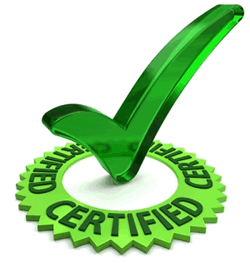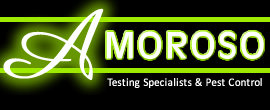CT Water Testing & Pest / Termite Inspections
Water Testing, Well Testing, a Pest or Termite Inspection – Why might you require these services?
- To protect yourself in a real estate transaction if your a buyer
- To reduce your liability in a real estate transaction if you are a seller (accurately disclose)
- Too obtain a mortgage for a home purchase
- To obtain a mortgage for a CT refinance or refinancing
- To protect your family and have peace of mind
 Private Wells:
Private Wells:
If you have a private well in Connecticut, you are the only person who is responsible for the water your family drinks and bathes in. It is recommended that water testing be done at least annually (yearly) for Bacteria and Nitrate. The bacteria and nitrate tests serve as indicators for other types of contamination, that is not to say forget the other tests, you should also retest for the other types of contaminants as well.
Analysis of your water should always be performed by a qualified professional with no vested interest in the transaction or in selling water treatment equipment. Our testing specialists do not sell or quote on treatment equipment.
In addition it is easy to obtain inaccurate results if the testing is not performed properly. Water testing bottles need to be replaced as they expire and other testing protocols need to be met in order to obtain accurate results. Our professionals will ensure that all precautions are taken and the chain of custody is followed, to ensure that the proper testing protocol is followed for each test.
You will be provided you with a detailed analysis of your test results with easy to understand reporting that show what’s in your water and what issues need to be addressed to protect your family’s health.
Water Testing & Pest Inspections for your Mortgage, Refinance, or Simply Your Peace of Mind
Pest & Termite Inspections
VA, FHA, HUD and most banks require these inspections because termites and wood destroying organisms can impact the structural integrity of a home, reduce the property value of the residence and cost Connecticut homeowners significant amounts of money in repairs. The inspector follows a standard form required by the regulatory authorities for real estate transactions.
Our pest control professionals will conduct a thorough inspection of the accessible areas of your home or business to identify any termite or other wood destroying insect damage. The results of the inspection will be submitted on Form NPMA-33. This form is approved by HUD for FHA and VA loans.
Call today to schedule your appointment 888-558-1574. Share with your family and friends using the buttons below. Thank you.







